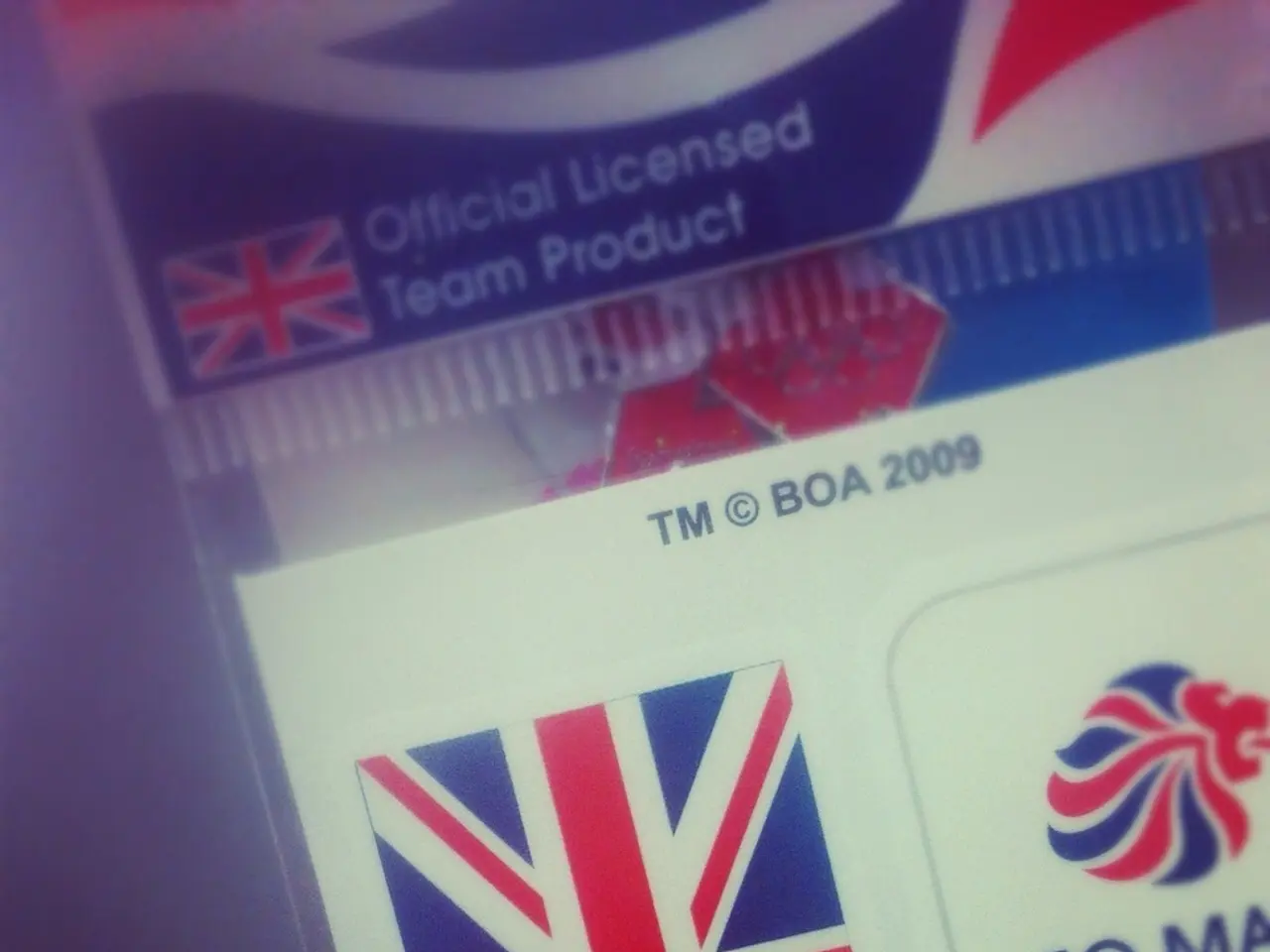California's Ninth Circuit Court reduces the requirement for filing a Federal Trade Secrets claim
In a significant development for trade secrets disputes, the Ninth Circuit Court of Appeals has ruled that the Defend Trade Secrets Act (DTSA) claims can be applied in federal cases in California, just like the California Uniform Trade Secrets Act (CUTSA) claims. This decision will make it easier for parties to bring and maintain DTSA cases in California.
The ruling came in the case of Quintara Biosciences, Inc. and Ruifeng Biztech, Inc., two DNA-sequencing-analysis companies involved in a trade secrets dispute. Quintara's lawsuit, filed in the Northern District of California in July 2020, was based on DTSA claims, not CUTSA claims.
Initially, Quintara's disclosure of alleged trade secrets was deemed insufficient under California Code Civ. P. § 2019.210, and nine of the eleven secrets were struck from the case. However, in a subsequent appeal, the Ninth Circuit held that a plaintiff need not meet the "reasonable particularity" requirement under California Code Civ. P. § 2019.210 to plead a claim under the DTSA.
The Ninth Circuit found no basis for striking Quintara's trade secrets based on Rule 12(f) or Rule 37's discovery sanctions. This appellate decision forecloses the use of § 2019.210 to dismiss or strike a trade secret claim, a practice that had often led to disputes about the scope of alleged trade secrets and potential delays or prolonging of discovery.
Unlike CUTSA, the federal DTSA does not require a plaintiff to identify trade secrets from the start. This means that parties in California trade secrets cases may no longer have to fight about the early identification of trade secrets, streamlining the process.
The Ninth Circuit limited its decision to DTSA claims and did not address whether CUTSA's disclosure rule is binding on federal courts considering CUTSA claims. This ruling might encourage more DTSA claims in California courts and discourage concurrent CUTSA claims.
Plaintiffs might challenge the discovery-gating issue in appropriate cases for appellate review. This ruling could set a precedent for future cases, further simplifying the process of filing and maintaining DTSA cases in California courts.
The trial proceeded on one trade secret, with Ruifeng winning the jury verdict. The legal proceedings began in 2023, and the outcome of this case will likely have implications for future trade secrets disputes in California.








